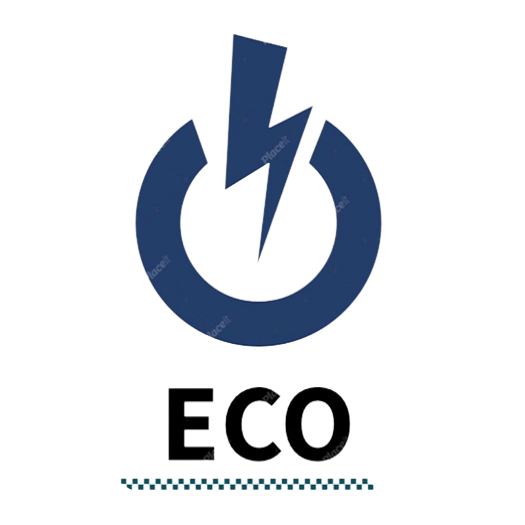
FreshBooks offers best-in-class accounting tools designed with your small business in mind. Our suite of products works together to offer a streamlined accounting solution that keeps your finances in order, even when you’re busy working on a looming deadline. While accounting covers the more general process of managing your accounts and can involve strategic planning, sole trader bookkeeping goes into the details. We are trying to build a comprehensive guide to all things that a sole trader could need to learn about managing their finances. Continuing education in this area will not only help you maintain accurate financial records but also provide valuable insights into how your business is performing financially.
We built okke to be the best and simplest bookkeeping software for sole traders, with easy to learn guides and simple terms to keep learning time low. You can use a software like okke to create invoices that automatically record payments made by clients. It’s also essential to keep all receipts for expenses such as rent, utilities, office supplies or equipment purchases.
Social First, CV Second: How Gen Z is Changing the Hiring Process
Intuit Inc. does not warrant that the material contained herein will continue to be accurate nor that it is completely free of errors when published. Take routine bookkeeping off your never-ending to-do list with the help of a certified professional. A QuickBooks Live bookkeeper can help ensure that your business’s books close every month, and you’re primed for tax season. sole trader bookkeeping Our expert CPAs and QuickBooks ProAdvisors average 15 years of experience working with small businesses across various industries. The single-entry bookkeeping method is often preferred for sole proprietors, small startups, and companies with unfussy or minimal transaction activity. The single-entry system tracks cash sales and expenditures over a period of time.
However, there are risks and the consequences of making mistakes with your bookkeeping can be disastrous, particularly if this triggers an unexpected HMRC investigation. When preparing accounts, whether you need a balance sheet will depend on who may need to see your accounts. Learn the essentials of starting a small business and set yourself up for success.
Differences Between Bookkeeping and Accounting
FreshBooks stays in sync from your desktop to the app, so you can use any device you like and always have access to the latest data about your sole trader business. Upload receipts and respond to clients and vendors directly through the app, from wherever work takes you. Start by importing credit card transactions into your bookkeeping software, then compare them with those in your accounting records. Identify any discrepancies and mark them as outstanding items for investigation. To reconcile your bank account, start by importing bank transactions into your bookkeeping software.
- Add a personalized thank-you note and send invoices to your clients directly from your account.
- For good self-employed bookkeeping it’s important to understand the basics of self-employment taxes and deductions.
- FreshBooks ensures you get paid faster and spend less time worrying about your small business accounting.
- Make sure to keep detailed records in case of an audit – record retention for sole traders varies by location but generally requires keeping documents for at least three years.
- We provide third-party links as a convenience and for informational purposes only.
Your accountant (if you have one) will need a full set of your accounts showing your sole trader income and expenditure, from which they can work out your tax liability. Bookkeeping involves keeping accurate records of all the money going in and out of your business. Furthermore, tracking income and expenses will allow you to identify areas where you might be overspending or underspending so that adjustments can be made accordingly. This information is also valuable when creating profit and loss statements or analysing financial ratios. It is important to seek advice from a qualified professional such as a tax accountant or bookkeeper if you are unsure about your tax obligations or how to file correctly. This could involve following up on disputed charges, returns, or refunds.
Bookkeeping Basics for the Self-Employed
Create ledger accounts to classify transactions into pre-defined categories per your business model and reporting needs. This refers to sole trader’s contributions towards social security and Medicare. However, self-employed persons must pay the total percentage, 15.3% of the first $147,000 in net earnings. Complete control – A sole trader has complete control over all business decisions and operations as the sole owner.







